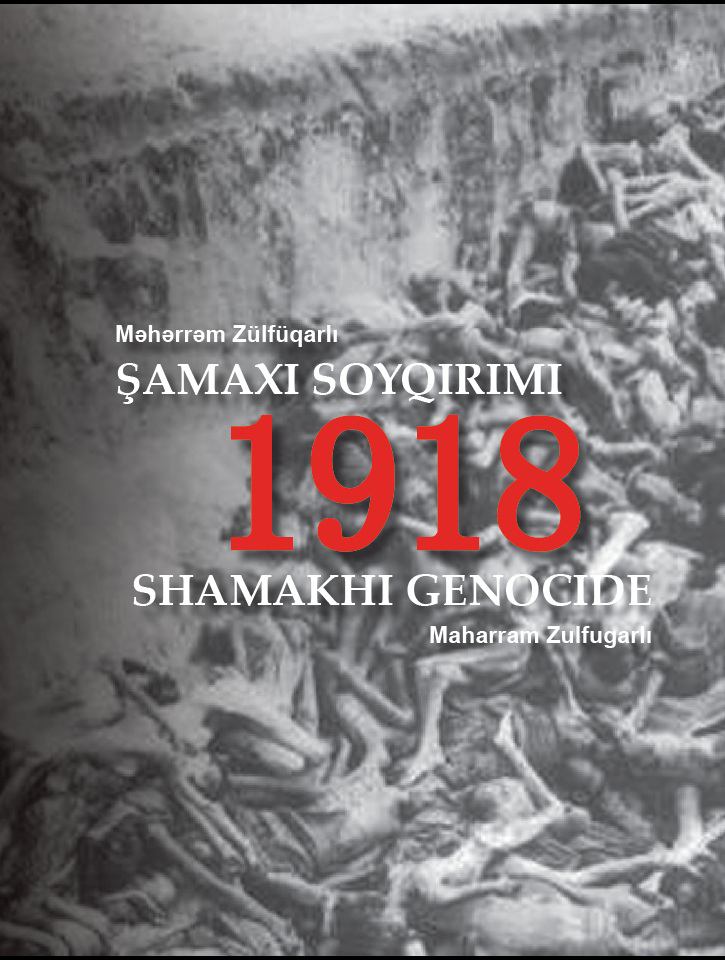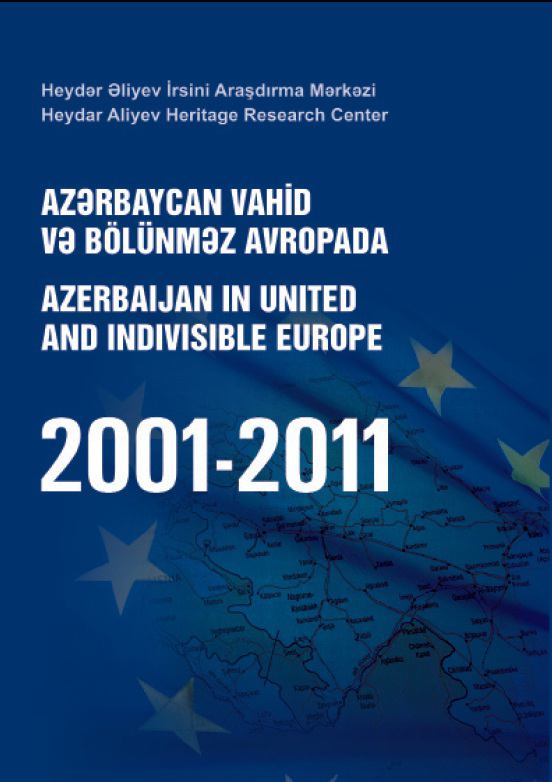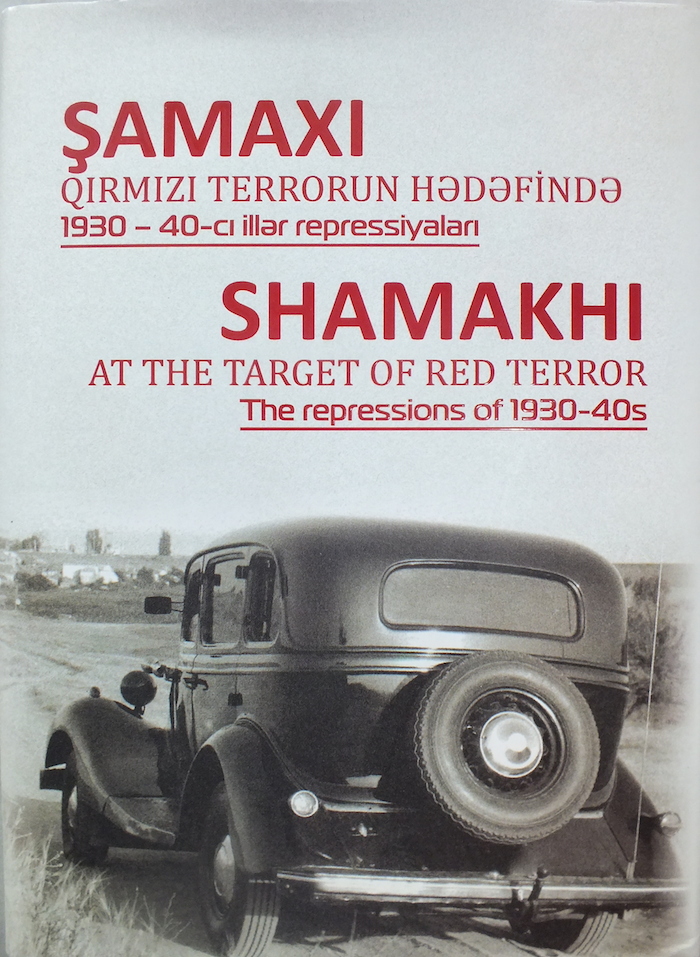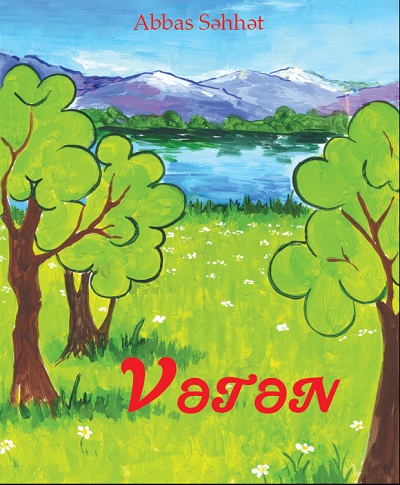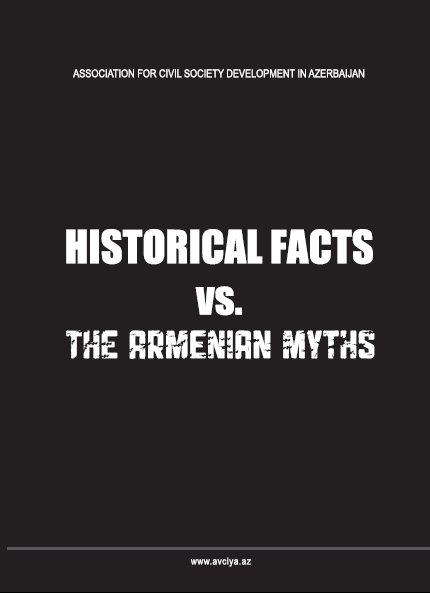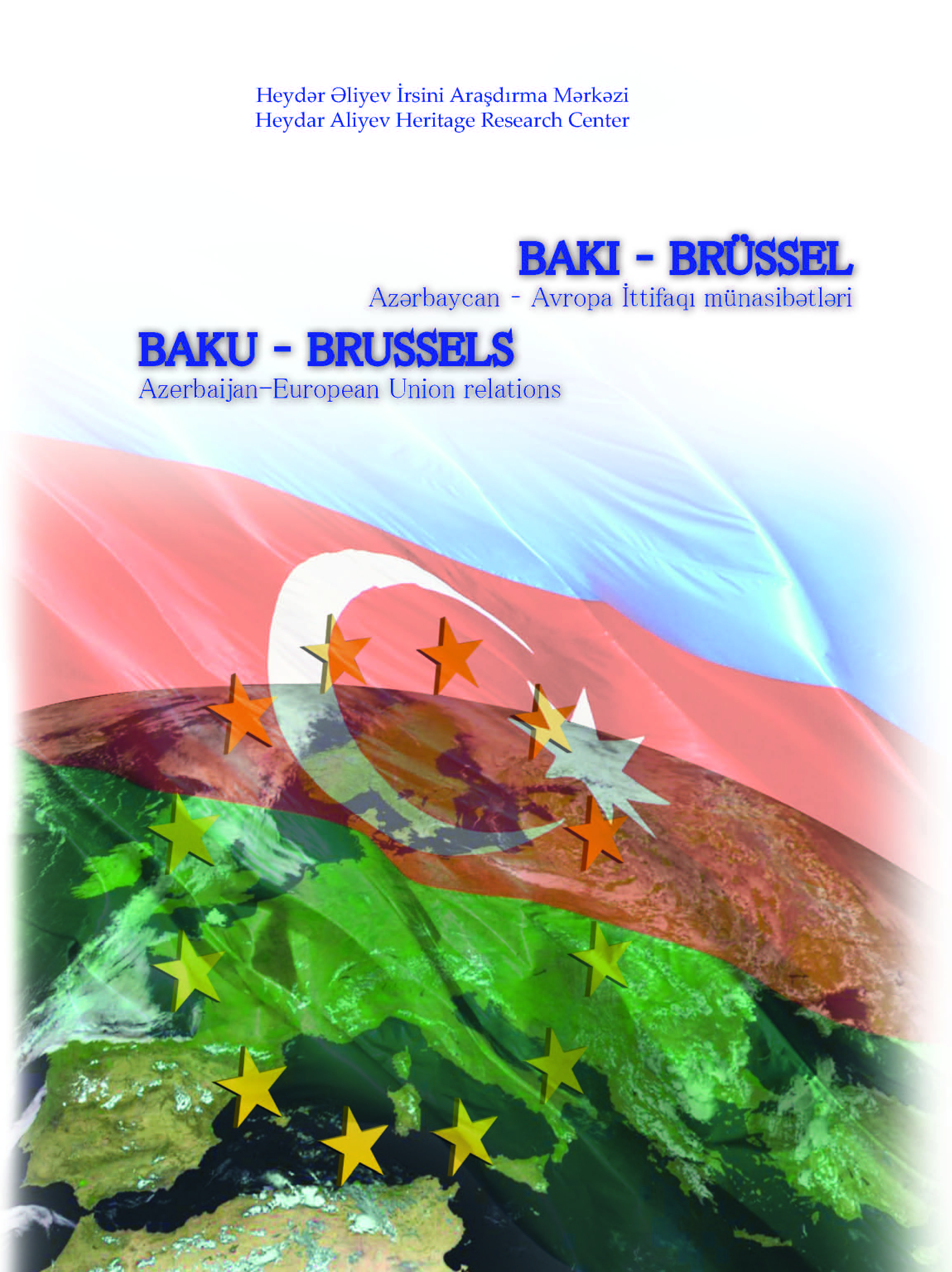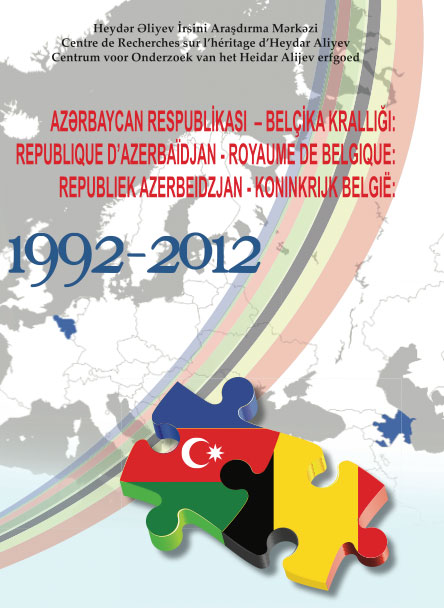Elkhan Suleymanov: The criteria on political prisoners prepared on Nergaard principles are out-dated and completely incompetent for European countries – INTERVIEW
28 Jun 2012
 The Committee on Legal Affairs and Human Rights of the Parliamentary Assembly of the Council of Europe (PACE) discussed two reports on ‘The definition of political prisoners’ and ‘The follow-up to the issue of political prisoners in Azerbaijan’ of the German rapporteur Christoph Strasser (Socialist Group) in Strasbourg on 26 June 2012.
The Committee on Legal Affairs and Human Rights of the Parliamentary Assembly of the Council of Europe (PACE) discussed two reports on ‘The definition of political prisoners’ and ‘The follow-up to the issue of political prisoners in Azerbaijan’ of the German rapporteur Christoph Strasser (Socialist Group) in Strasbourg on 26 June 2012.
Elkhan Suleymanov, MP and the member of the Azerbaijani Delegation to PACE, answered the questions of APA on the course of debates.
– June 26 was an important day for Azerbaijan as two reports were discussed in the Committee on Legal Affairs and Human Rights Committee of PACE. How would you evaluate Committee meeting on June 26?
– June 26 was an important day for Azerbaijan to realize its true friends in Europe; to make clear to what extent the MPs of the Council of Europe were ready to have an open and transparent debate on the definition of the political prisoners while showing their willingness to adopt a fair approach with regards to the situation in Azerbaijan.
28 Jun 2012
The Committee on Legal Affairs and Human Rights of the Parliamentary Assembly of the Council of Europe (PACE) discussed two reports on ‘The definition of political prisoners’ and ‘The follow-up to the issue of political prisoners in Azerbaijan’ of the German rapporteur Christoph Strasser (Socialist Group) in Strasbourg on 26 June 2012.
Elkhan Suleymanov, MP and the member of the Azerbaijani Delegation to PACE, answered the questions of APA on the course of debates.
– June 26 was an important day for Azerbaijan as two reports were discussed in the Committee on Legal Affairs and Human Rights Committee of PACE. How would you evaluate Committee meeting on June 26?
– June 26 was an important day for Azerbaijan to realize its true friends in Europe; to make clear to what extent the MPs of the Council of Europe were ready to have an open and transparent debate on the definition of the political prisoners while showing their willingness to adopt a fair approach with regards to the situation in Azerbaijan.
– Were you able to agree on a common definition of political prisoners?
– This is the very heart of the problem we have. Unfortunately, there is no agreed definition of political prisoners within the Council of Europe so far. Other organisations such as United Nations and Amnesty International do not even employ this term anymore. The criteria that was adopted on June 26 by a very close vote (26 to 22) demonstrates that there is still a deep split in the opinion within the Council of Europe on this fundamental question. In general, these core decisions are accepted by a large majority vote, which was obviously not the case. This shows the controversial nature of the rapporteur’s proposed criteria and consequently the difficulty to apply them beyond any doubt.
– Can you explain us these criteria?
 – The criteria proposed by the rapporteur are based on the work of three experts in 2001 with regard to the situation after the civil war in Namibia, southern Africa some 20 years ago. Thus, the independent experts applied the criteria prepared on the basis of “Nergaard principles”, which were used by the UN mission in Namibia and after then in Southern African Republic by International Red Cross Committee. The researches of Professor Nergaard were an integral part of national reconciliation mission in the above-mentioned countries. So, the societies in Namibia and South Africa were splinted, national and racial confrontation reigned. The situation in the Council of Europe, as well as in Azerbaijan completely differed from that of African countries, and there was no need for national reconciliation mission due to lack of splint in the society. Therefore, these criteria are very outdated, not precise and quite irrelevant to European countries, in my opinion. Many MPs supported my position, as according to these criteria, murderers, terrorists and extremists could be defined as political prisoners.
– The criteria proposed by the rapporteur are based on the work of three experts in 2001 with regard to the situation after the civil war in Namibia, southern Africa some 20 years ago. Thus, the independent experts applied the criteria prepared on the basis of “Nergaard principles”, which were used by the UN mission in Namibia and after then in Southern African Republic by International Red Cross Committee. The researches of Professor Nergaard were an integral part of national reconciliation mission in the above-mentioned countries. So, the societies in Namibia and South Africa were splinted, national and racial confrontation reigned. The situation in the Council of Europe, as well as in Azerbaijan completely differed from that of African countries, and there was no need for national reconciliation mission due to lack of splint in the society. Therefore, these criteria are very outdated, not precise and quite irrelevant to European countries, in my opinion. Many MPs supported my position, as according to these criteria, murderers, terrorists and extremists could be defined as political prisoners.
In general, most MPs stressed that the report of Strasser on criteria was very artificial, hasty and ridiculous document, which does not meet today’s realities. It was even repeatedly suggested to delete this report from the debates.
– So, the rapporteur used these criteria to analyse the situation in Azerbaijan?
– Yes. In the report on Azerbaijan the rapporteur is even including an annex list of 89 people giving the impression to the public opinion that Azerbaijan is unlawfully detaining these people. But many of them are not in prison at all, and several others are dangerous extremists publicly calling to reverse the democracy in Azerbaijan by violent means. It is very peculiar that a rapporteur of an institution described as the bastion of democracy, is giving official support to exactly those people who want to reverse our young democracy. Moreover, Strasser included in the report the names of people, who are not considered as political prisoners by the independent experts group established by the CoE Secretary-General and are convicted of especially grave crimes, murder, terror, kidnapping, theft, robbery, use of drugs, and other dangerous crimes. As he admitted himself, he justified it as follows: “… I included the names of these individuals in the common list of alleged political prisoners because this is the last chance for their release.”
– There was a lot of criticism about the rapporteur’s interference with the European Court on Human Rights.
– Correct. The rapporteur is making personal statements on almost all individual cases, most of which are pending before our national courts or before the European Court in Strasbourg. Interference by politicians in a judicial process, according to common practice in Europe, is unacceptable. No other Member State of the Council of Europe would accept such an undemocratic approach.
– How was the general mood in the Committee before the vote?
– We worked very hard to explain to the European MPs the biased position of Mr. Strasser and the falsehoods and prejudices of his reports. Many MPs from Western Europe, realizing that the report is truly unfair, gave us strong support, yet it was a tough fight.
Discussions from both sides were very emotional. At the end of the day there was a difference of only 2 votes (25-23), which is absolutely exceptional in the Council of Europe where this kind of reports are always carried with very large majority, even consensus.
Our opponents called each other, urging to be present for the vote. Many of them entered the meeting room only at the moment of the vote, without participating in the discussion or having an idea about the report, blindly following the directives of their political leader who called them to vote for the Strasser report. There was no space for personal opinion and several MPs told us in private that our position was absolutely right but that their political future was at stake if they did not support Strasser.
– A strange way to proceed in the “House of Democracy”?
– It’s the least you can say. The MP’s were under high pressure to vote in favour of an unfair report, which lacks objectivity, which didn’t encompass a workable solution. It is difficult to beat these prejudiced positions by some leaders who even went that far to blackmail their colleagues. Those who read the reports in detail, and also had enough backbone to resist this pressure, followed their common sense and reason and supported us.
– Can you explain us in more detail what happened during the vote on Azerbaijan?
– Some of our supporters were not present during the vote in the morning session, and some of them disappeared during the second part of vote in the afternoon meeting. We won several votes on the second report. In the meantime, some of our opponents and associates of the Secretary started to phone other people, not active in the debate, which changed again the course of the vote. The neutral MPs changed their positions under the pressure; leader of one of political groups pressed the members of that group and gave them a clear message to approve Strasser’s report; the voting was falsified by the Secretary. All these factors changed the course of voting.
Furthermore, it should be noted that on the eve of the debates, influential international organizations, such as Amnesty International, Human Rights Watch, Freedom House, Human Rights House Foundation, Freedom Now, and X index the voice of free expression addressed the Committee members to support the reports of Straesser. Undoubtedly, such an address to Committee members on the eve of the debates and distortion of realities about Azerbaijan was a part of an anti – Azerbaijan campaign and form of political pressure on European MPs. I’d like to add that the same address was sent to the members of the Monitoring Committee by the above-mentioned organizations on June 27, 2012.
It is clear that this is not a great example of democratic decision making and the Council of Europe should not be following the private agenda of some political leaders who have a private interest in discrediting its new relatively small member States.
– Why do you think rapporteur Strasser is so hostile to our country?
– It’s clear that Azerbaijan is playing an increasingly important role on the geopolitical scene. Many different stakeholders want to build up a negative image of our country. We do pose possible threats for others, partially due to our ongoing problems with Armenia, the huge interest in the energy security we can provide to Europe and its important geopolitical situation. This was the motive leading many people to vote in favour of this hostile report.
The second and I would say, the main reason is that Straesser and the Committee argue the existence of legal document of CE on criteria and as I mentioned before, in this matter they refer to “Nergaard principles” used in Namibia 20 years ago. But the Azerbaijani side not only proved the lack of legal document of the Council of Europe on the criteria, but also stated the importance of elaborating the common criteria applicable to all European countries. The split of the reports on May 21 of this year and the development of the reports on criteria confirmed our position. And this, undoubtedly, caused concern of the enemies of Azerbaijan and consequently, unfairness and insidiousness of Straesser in this issue revealed his hostile attitude towards Azerbaijan. This is the reason why our adversaries insisted to single out Azerbaijan in this debate although we all know that many countries face the same allegations and it was even agreed that such report should cover a broader geographical scope. It’s clear that there is an influential group of people in different European political bodies who for their own interest aim by all means want to isolate us and make us look bad..
– So, what is the next step?
– This is a long battle and we will continue the fight. We lost in March, we won in May, we lost again in June and now we will put all our efforts together to win the final vote in October again. We have all faith that we will be able to correct this during the next plenary session of the PACE. It gives us 2 to 3 months more to unmask the bad intentions behind these proposals and to show the bad repercussions these reports will have for all member states. We believe that more and more people will realise that the Committee’s decision was one of the worst decisions that the Council of Europe took in the last years. We believe that all amendments calling for reason and balanced positions will have a real chance to be adopted in the upcoming plenary session. Dozens of detained persons in the old democracies of Western Europe today will have to be released immediately if the same standards would be applied on them. We will call for the common sense of all MPs to correct what is now on our table and warn them for the true risks they face in their own countries, when the texts remain unchanged. So, we will continue our fair fight and believe that our European colleagues will vote for the end of double standards and discrimination towards Azerbaijan, respecting the European values and rule of law in the final vote in October!

